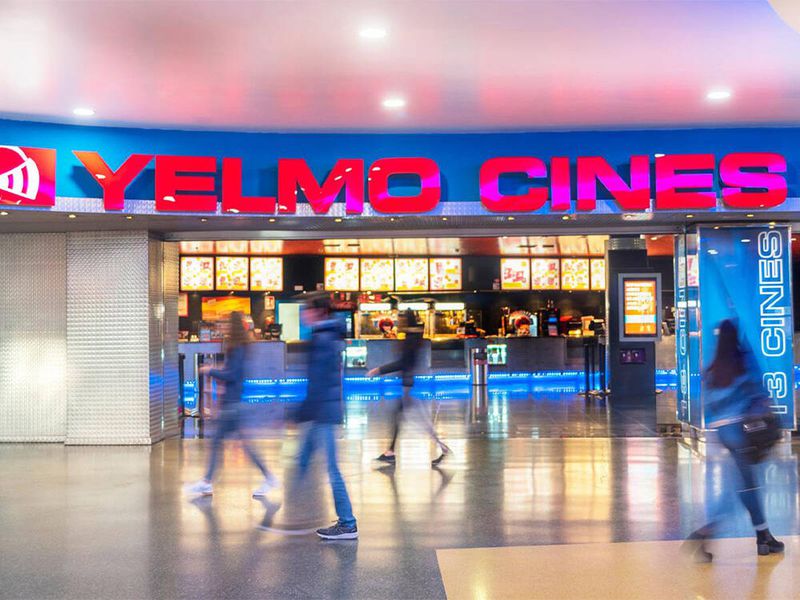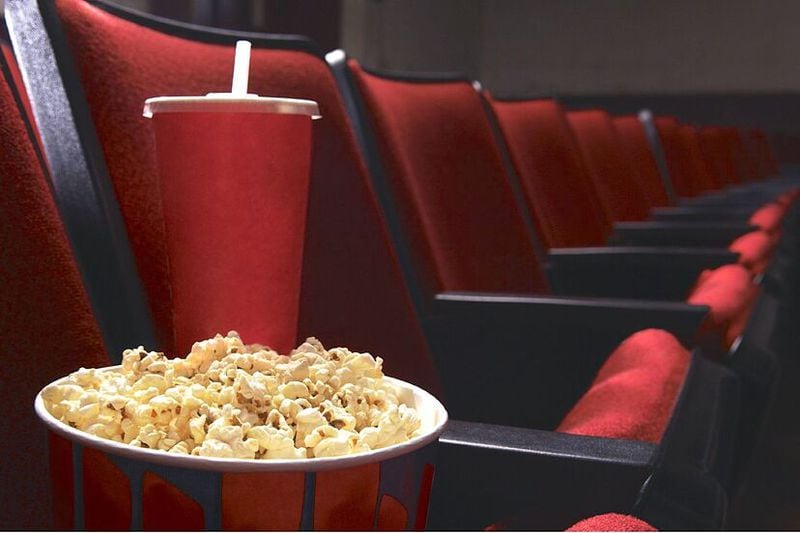The Yelmo Cines chain, fined 30,001 euros, can appeal to the Consumer Affairs Department and then take legal action.
The Basque Institute of Consumption-Kontsumobide autonomous body attached to the Department of Tourism, Commerce and Consumption of the Basque Government in Spain sentenced Yelmo Cines to a fine of 30,001 euros (around 28 million Chilean pesos) for preventing users from accessing its facilities with food purchased abroad, as reported Facua Euskadi .
The consumer association denounced the company last January, considering that it was incurring an “abusive” clause, by prohibiting access to its rooms with food and drinks purchased outside its rooms. For this same reason, eight private complaints and another from the consumer association EKA-OCUV were filed, which led to the opening of a case by Kontsumobide and a subsequent fine.
According to sources from the Ministry of Commerce, Consumer Affairs and Tourism of the Basque Government informed to Europa Press, the administrative procedure against the cinema chain is still open, so that it can appeal to the same Ministry of Consumer Affairs. Once the administrative route has been exhausted, you can appeal the sanction to the court.

In its letter, FACUA Euskadi emphasized that the main activity of a cinema is the screening of films and not that of a restaurant, so it was not valid to use this pretext to prevent entry with food and drinks from outside when in addition, food can be purchased on site.
In the Community of Madrid, FACUA-Consumers in Action took Yelmo Cines to court for the same reason. The association filed an action for injunction before the courts of first instance of Madrid, considering that the chain is thus incurring an “abusive” clause, which limits the rights of consumers.
In its cinemas, the chain has signs with the text “the company does not allow access to these facilities with food and/or beverages purchased outside of Yelmo, thus reserving the right of entry to us” . A warning that it also makes on its website when selling tickets.
The company intends to rely on the exercise of an alleged right of admission which, as FACUA warned in its lawsuit, is contrary to legislation. Thus, the FACUA argued that catering is not the essential activity of the cinema and that it “cannot therefore exercise this right of entry as if it were a restaurant”.

As noted, the activity of film exploitation exists regardless of whether or not the company offers a catering service, not requiring the latter for the existence of the former. Currently, this procedure is still awaiting trial and its subsequent resolution.
The consolidated text of the General Law for the Defense of Consumers and Users considers that not authorizing entry with food and drinks from outside is an “abusive clause” according to article 82.1, which establishes as such all practices that cause “a significant imbalance in the rights and obligations of the parties arising from the contract,” he explained.
Likewise, the Consumer Cooperation Commission established in its consultation number 5 of 2000 that “clauses in which limitations are imposed on the consumer to acquire products without being based on objective circumstances must be considered abusive”.

The association also highlights that a ruling of the Superior Court of Justice of Castile-La Mancha, on the ban on entering cinemas with food and drinks, states that “it is unreasonable to understand the limitation of the consumer’s ability to choose” and that “If the possibility of accessing the room is limited depending on the origin of the products and only those purchased inside can be consumed, it turns out that indirectly they are forced to use services that they did not initially request, but are forced to use. ask the company itself.
In addition, the Spanish Agency for Consumer Affairs, Food Safety and Nutrition (Aecosan), now Aesan, published a report in 2016, also linked to the ban on cinemas, in which it concluded that there were ‘an “unfair term”, since the consumer “is deprived of the main service, in an unjustified manner, after having paid the entry fee, on the basis of a unilaterally imposed limitation concerning an ancillary service which was not requested , and taking into account that the core activity of the company is not the sale and distribution of Food and Drink.
Source: Latercera
I’m Scott Moore, a professional writer and journalist based in the US. I’ve been writing for various publications for over 8 years now, and have been working as an author at athletistic for the past five years. My work has been featured by some of the leading sports websites and magazines across Europe.


